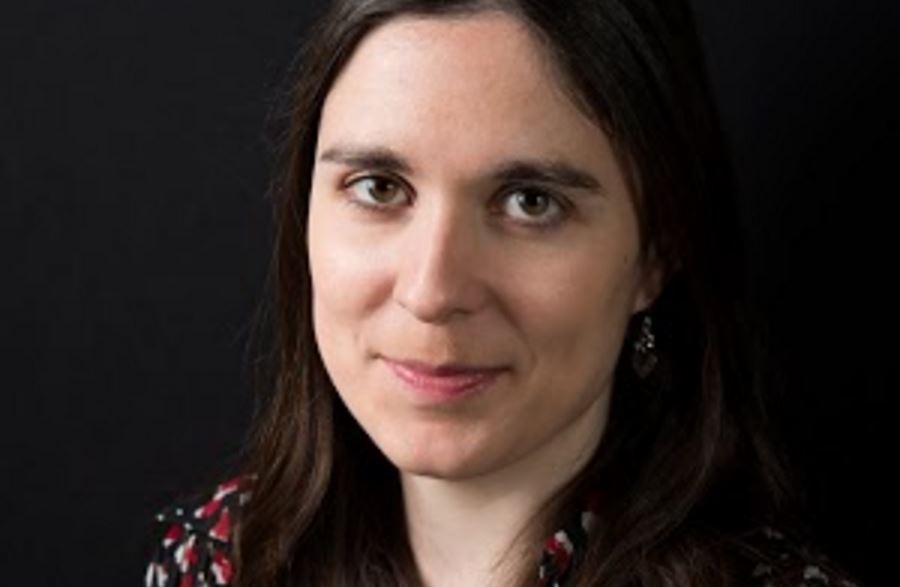If you’re an aspiring author, you’re probably aware that nothing is as invaluable as advice from the industry experts themselves. Recently, I’ve had the privilege of interviewing one of these industry experts: Claire Hennessy.
Claire is probably best known to many people as the young adult author who wrote books such as Good Girls Don’t and Dear Diary… I certainly remember poring over these books in my school library. More recently, Claire has released her novel Nothing Tastes as Good. She is also the editor of the new literary journal Banshee. And of course, she is the current children’s and YA editor for Penguin Ireland.
What advice would you give to someone looking to publish with Penguin?
Don’t send your manuscript off straight away – put it in a drawer for a month and then edit and make it as good as it can be. Read a lot. Write a lot. Be prepared for the fact that many writers’ first book published is not the first book they’ve written.
What are some things that make a query letter or manuscript stand out?
Voice is the big thing – a distinctive ‘feel’ to the writing.
What are some things that would make you disregard a query letter or manuscript?
Query letter – anything about ‘morals’ or something which suggests the writer hasn’t read any children’s books in decades makes me wary. Manuscripts – if it feels very predictable or similar to something else.
After you’ve accepted a manuscript, how do you start the editing process?
Usually potential edits are discussed before acceptance so there should already be a sense that editor and author are on the same page. Then it’s onto marking-up the manuscript in MS Word.
Do you have any tips and tricks for authors who are in the process of editing their first or second draft?
Top three tips:
– If you can bear to let a trusted and wise friend read your work, do it – there is something about having a second set of eyes on a manuscript that really helps.
– Try to view your work in a different format to how you wrote it – print it out or look at it on an e-reader. It really makes a difference.
– Remember: there’s always more than one solution to a problem or weakness in your manuscript. Editing is a creative process too.
How do you know that a manuscript has reached its final draft and is ready to go off into the world?
When it’s at the stage where the changes suggested and notes made are getting very small – you know then that it’s time for copyedits and proofreading.
How would you say the publishing and literary world has changed in the past few years?
On the children’s and YA side, there’s been expansion – it’s a very healthy segment of the market, although like any healthy segment this is often due to ‘big titles’ rather than affecting every single writer in the field. It’s also an area where e-books haven’t impacted too much on print sales – younger readers in particular seem to prefer print books.
How do you think these changes affect writers?
It really depends on the kind of writer you are. If you’re one of the Big Writers you’re in a position to make more money from kids’ books than might have been the case years ago, but most writers are still fairly broke!
Do you think being an author yourself is beneficial to your work as an editor?
Sometimes yes and sometimes no. It’s useful to understand how authors feel but it’s also important not to let that turn you into someone who just wants to be nice to everyone – you do have to say no to most submissions, and devote most of your time to the possible yeses, and that means, unfortunately, that you can’t spend your time reassuring every single submitter that they should keep going and here’s why (even if that’s something you know writers would love to hear).
I’ve noticed that you’re also an editor for the literary journal Banshee. What are some differences between editing a literary journal and a manuscript?
With an issue of a literary journal you’re looking at how it all fits together – e.g. you might have three very good stories on a similar theme and to include all of them would run the risk of diminishing their effect and being repetitive. It’s also easier to take chances on, say, a poem, than a full-length manuscript.
Is there any advice you would give to someone looking to become an editor?
Read a lot, get experience in anything bookish that you can (bookselling, volunteering at festivals, internships, etc).
Lastly, what are some books you would recommend to our readers?
Firstly, from the recent PRH list: Jennifer Niven’s new book, Holding Up The Universe, is out in the autumn and is absolutely gorgeous. Louise McSharry’s memoir, Fat Chance, is funny and inspiring. Liz Nugent’s Lying In Wait
is dark and twisty.
And then a couple of perennial favourites: Margaret Atwood’s The Handmaid’s Tale, Emma Donoghue’s Kissing The Witch
, Marian Keyes’s Rachel’s Holiday
.
Some of the coverage you find on Cultured Vultures contains affiliate links, which provide us with small commissions based on purchases made from visiting our site. We cover gaming news, movie reviews, wrestling and much more.



